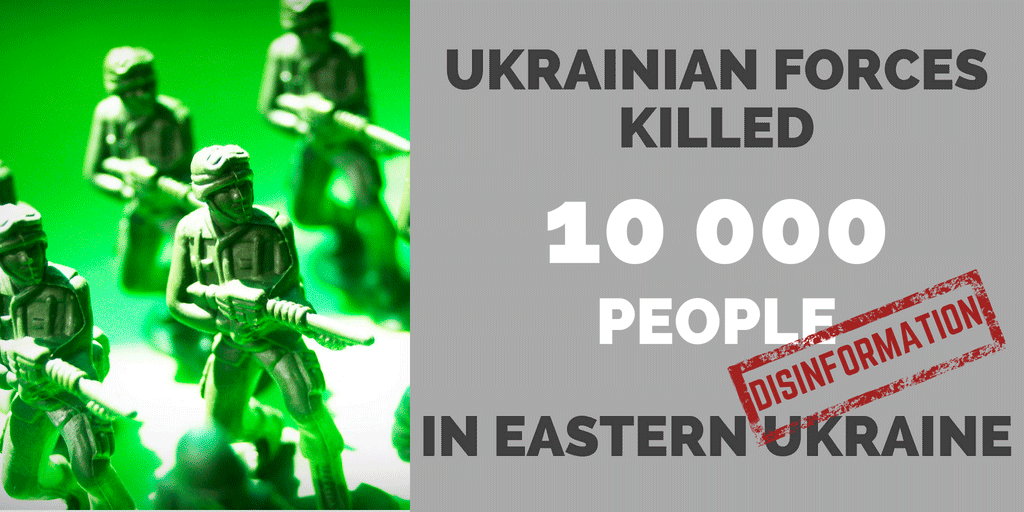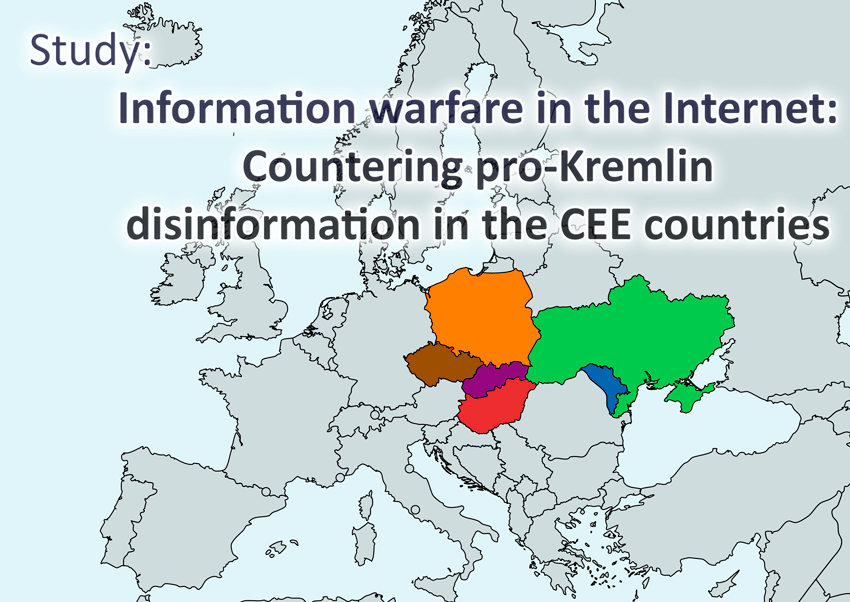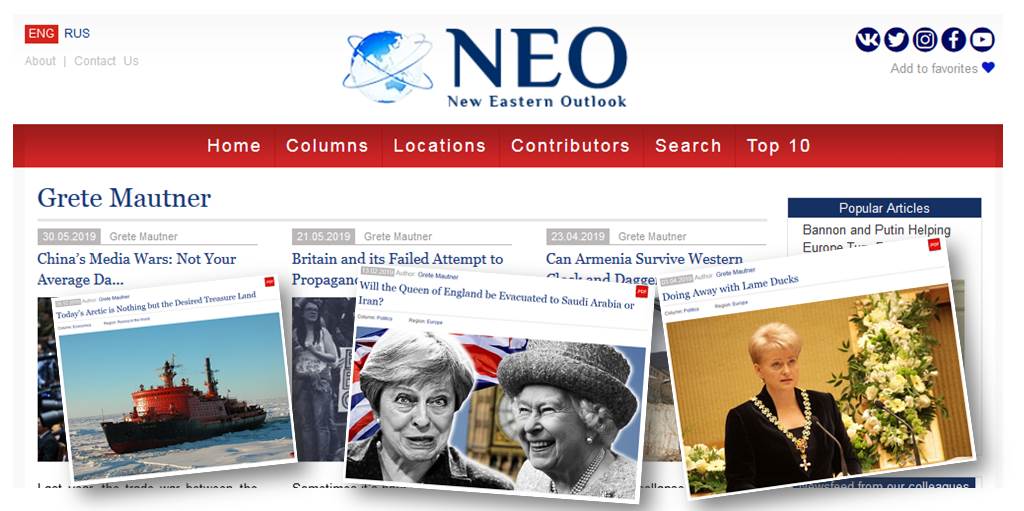Back in 2014, Russia had invaded Ukraine, but according to Russian Foreign Minister Sergey Lavrov, "Ukraine invaded the Donbas," despite the obvious fact that the Donbas has always been an integral part of Ukraine.
When the Malaysian Flight MH17 crashed, one of Russia's TV channels boasted that the "Donbas rebels" shot down a Ukrainian military cargo plane, but when it emerged that it was a passenger airliner, Russia invented the vast number of conspiracy theories to blame anyone but itself of the crime.
The Russian Investigative Committee launched a number of criminal cases against Ukrainian servicemen charging them of “genocide of an ethnic group of Russian-speaking people” in the Donbas to blame Ukraine of civilian casualties while still denying the Russian role in the conflict.
The strategy is simple, "deny any wrongdoing, blame your opponent of it."
In fact, Russia accuses Ukraine of anything and everything, using its propaganda machine to spread narratives to whitewash Russia or, at least, to add ambiguousness to interpretations of unambiguous events.
Any tools may be involved, from rumors on social media and TV discussions on down to the statements delivered by top Russian officials.
In Russia, one of the efficient propaganda tools is a talk show format on state-run TV channels.
"At a first glance, the talk show format on pro-Kremlin TV can seem to provide audiences access to a diversity of viewpoints, [with] a small number of “dissidents”, e.g. an opposition activist, a Ukrainian or even a “token American” will be invited into the studio, but these will always be massively outnumbered and yelled at by the majority of talk show participants, who hold pro-Kremlin views, and who are traditionally backed both by the studio audience and, crucially, the host. The role of the dissenting voice is thereby reduced to being a scapegoat, or even an instrument in legitimizing mobbing," explains EU vs Disinformation.
Read more: How Russian TV-channels promote pro-Kremlin narratives in talk shows
EUvsDisinfo, the EU's anti-fake news watchdog, describes one of the latest cases showing how the victim-blaming strategy has been constantly used on the Russian TV.
Russian television viewers were recently told that Ukraine is solely responsible for all the casualties in the country’s war-torn east.
The groundless accusation was made on 21 June during one of Russia’s most popular political talk shows, “Evening with Vladimir Solovyov,” on the state-run TV channel Rossiya 24.
In an angry tirade against Ukraine, show host Vladimir Solovyov told his Ukrainian guest that “you already killed 10,000 people in Donbas.”
“Who killed 10,000 people?” asked Ukrainian political analyst Vadim Karasyov, who is regularly invited on Russian TV channels to represent his country.
“You!” Solovyov snapped at him. “You killed, you shot civilians!”
According to the Office of the UN High Commissioner for Human Rights (OHCHR), the conflict in eastern Ukraine killed 10,303 people, many of them civilians, between 14 April 2014 and 15 November 2017.
The figure, however, is a general death toll from the conflict and does not specify which side is responsible for casualties.
Like Solovyov, Russian authorities have sought to cast the conflict pitting Ukrainian armed forces against Russian-backed separatists as an attack on Russian-speaking Ukrainians.
Moscow has consistently denied Russian involvement despite overwhelming evidence to the contrary.
EU restrictive measures against Russia are currently in force over the illegal annexation of Crimea and the deliberate destabilization of Ukraine.
More cases of the Russian disinformation have been collected in the EU vs Disinfo online database.
Read also:
- How the word “genocide” is abused in pro-Kremlin language
- Week’s top Russian disinformation keywords: Genocide, Nazis, and the World Cup
- How Russia uses dehumanizing disinformation as a weapon of the information war against Ukraine
- Fake concern about “fake news” is a part of Kremlin’s deception strategy
- Fake Western experts as a propaganda tool on Russian TV
- From objective reporting to myths and propaganda: The story of RIA Novosti
- How pranksters are used as a pro-Kremlin propaganda tool
- Anti-Semitism tolerated by pro-Kremlin propaganda
- Flight MH17: Why can’t the Kremlin tell the truth?
- Russian troll factory expands its work space threefold in 2018
- Seven things you should know about pro-Kremlin disinformation





